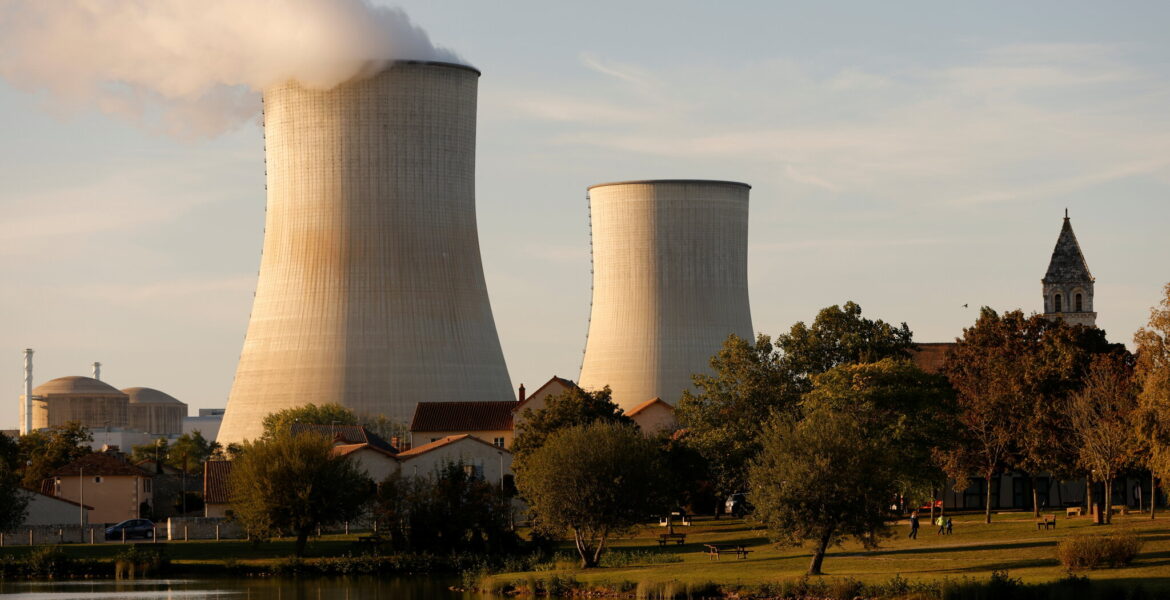With the Ukraine War in full swing and energy becoming a key question across the European continent, the Greek government is in discussions with Bulgaria to import electricity produced in nuclear power plants.
Bulgaria’s current nuclear capacity – Kozloduy reactors 5 and 6, which meet a third of its current energy needs and are by far its cheapest energy source – would allow it to start exporting electricity to Greece next year.
In January 2021, Bulgaria decided to build another reactor, Kozloduy 7, which is expected to be ready by 2026 and could provide even more electricity.
Romania also plans to build a nuclear reactor.
Last Tuesday, a Bulgarian delegation visited Athens and met with Prime Minister Kyriakos Mitsotakis. Bilateral cooperation on energy was an important part of the agenda.
![Bulgarian Finance Minister Assen Vassilev met with Greek Premier Kyriakos Mitsotakis in Athens on Feb. 22. [Prime Minister's Office]](https://greekcitytimes.com/wp-content/uploads/2022/03/8.jpg)
![Bulgarian Finance Minister Assen Vassilev met with Greek Premier Kyriakos Mitsotakis in Athens on Feb. 22. [Prime Minister's Office]](https://greekcitytimes.com/wp-content/uploads/2022/03/1.jpg)
Government officials acknowledge the latest developments are leading to a protracted period of comparatively high inflation, with no end in sight.
It is certain that growth rates will be negatively affected, not only in Greece but across Europe.
The government also fears that tourism will be impacted. Before the latest inflation wave, there were hopes that tourism would exceed the 2019, pre-pandemic levels.
The government also wants to help the most vulnerable ride out inflation, but fiscal margins are not favorable after all the aid to individuals and businesses hit by the pandemic.
So, the government is once again banking on Europe-wide measures that would affect all and, in fact, relax spending strictures.
Meanwhile, Bulgaria has sent a request to reserve capacity at the Revythoussa LNG Terminal operated by DESFA (Hellenic Gas Transmission System Operator), Athens-Macedonian News Agency sources said on Friday.
This was in order to secure quantities of natural gas in case of a disruption of the supply from Russia.
The request is viewed positively as planned LNG cargoes for the Greek market, combined with the existing energy reserves, cover the country's consumption needs.
The Greek system is connected with that of Bulgaria at Sidirokastro, the point at which Russian natural gas is imported into Greece, where there is also the option of countercurrent flow to supply Bulgaria.
The AMNA sources said that there was also an initially positive reaction to a request to secure additional quantities of natural gas from the TAP pipeline, which carries natural gas from Azerbaijan to Europe via Turkey and Greece.
As Environment and Energy Minister Kostas Skrekas said after a Crisis Management Team meeting on Friday morning, it is possible to increase the quantity of natural gas from the TAP pipeline, which crosses northern Greece.
READ MORE: The US to send troops, jets and helicopters to the Baltics.


